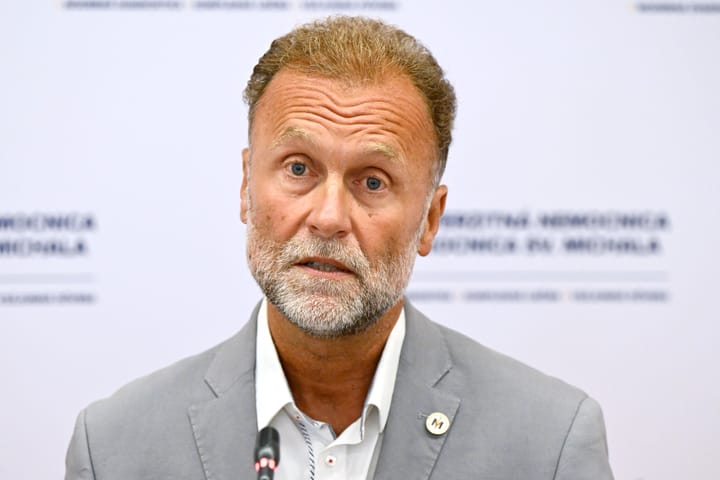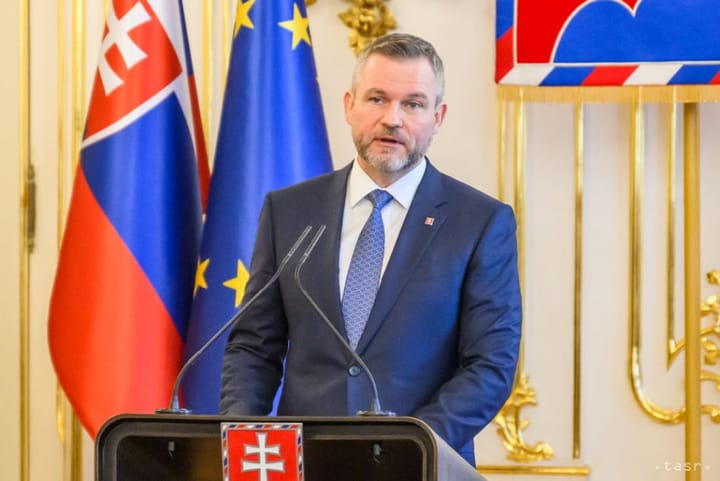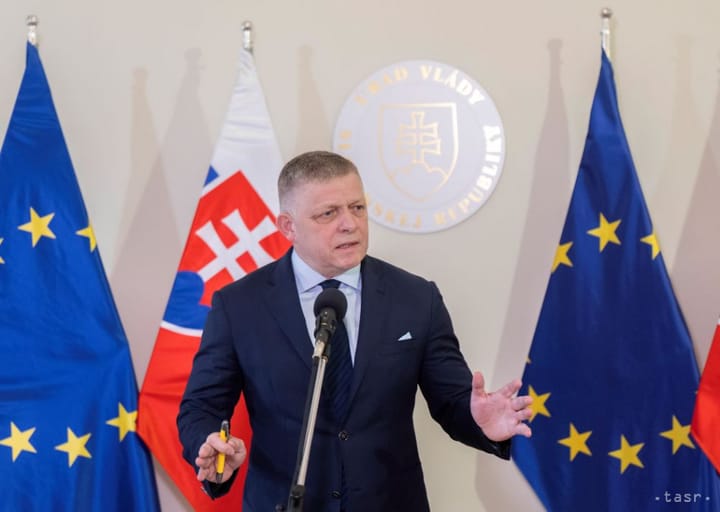Radicova: ESFS Meets its Purpose, Worst Part of Crisis Behind Us

Bratislava, August 24 (TASR) – The European System of Financial Supervision (ESFS) and the so-called temporary European bailout fulfilled their purpose, and the eurozone as well as Slovakia have navigated their way out of the worst part of the crisis, former prime minister Iveta Radicova (2010-12) told TASR on Friday.
Radicova spoke in response to the European Stabilisation Mechanism (ESM) announcing earlier in the week that Greece successfully completed its last three-year bailout programme, approved in August 2015, which helped Athens overcome the debt crisis.
It was the ESM or the so-called permanent bailout and the aid for Greece that caused the collapse of Radicova’s government in 2011. Nonetheless, she insists that linking the vote on the ESM with the no-confidence motion in her government was the right move at the time.
Despite the ESFS carrying certain risks, no one argues today that it has failed to do what it was created to do, maintains Radicova. She underlined that the ESFS was approved by Slovak parties across the whole political spectrum. “We concurred on rejecting the urgent aid for Greece. That’s also what happened. Likewise, we concurred on the need of an emergency financial mechanism for the eurozone. That’s also what happened. ESFS provided financial aid first to Ireland and subsequently to Portugal,” recalled Radicova.
The former premier pointed out that the guidelines for aid were later revisited and any applicant country had to meet stern criteria first before applying for a bailout. She emphasised that the ESFS programme ended for Ireland in December 2013, Portugal in May 2014 and Greece in June 2015. “Since then the ESFS hasn’t provided any new financial aid. According to the audit report, all three countries have settled their payments and hold no due commitments towards the ESFS. ESFS boasts AA rating and has carried out the payment of debts only since June 2015,” she added.
According to Radicova, it’s easy to forget that in 2010-11 Europe was also busy with issues other than Greece. “We’ve had systemic and deep EU financial and eurozone crises on our plate. Changes to the ESFS caused a crisis in Slovakia and a divide within the governing coalition. In similar grave situations, it is standard procedure in democratic countries to link the vote on the matter with a no-confidence motion – as a legitimate and also single available option to surmount the divide and confirm the legitimacy of the government,” she said.



